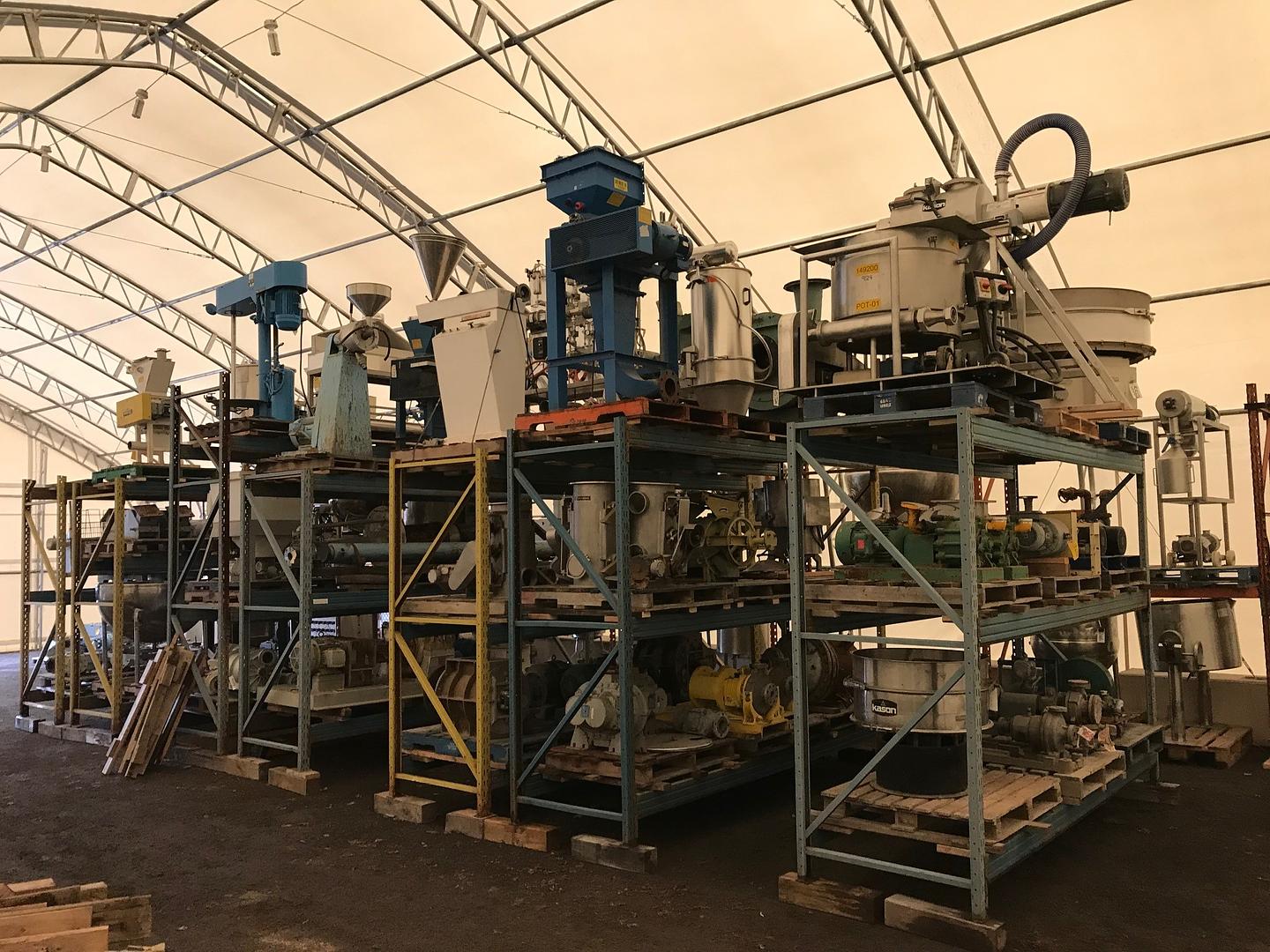Discover essential tips for evaluating and purchasing second-hand manufacturing equipment. Learn about inspection criteria, warranties, and common pitfalls to avoid.

Useful Tips for Purchasing Pre-Owned Manufacturing Equipment
Acquiring the right equipment can significantly impact your company's productivity in the world of manufacturing. Buying used manufacturing equipment is a viable alternative that many businesses overlook. Opting for pre-owned machinery can lower costs while still obtaining high-quality tools. However, navigating this market requires careful planning.
Choose Reputable Sellers
Working with reputable vendors is a critical step when buying used machinery. Trusted vendors often maintain transparent records of their inventory history, making it easier to verify the equipment's origins, usage patterns, and condition. Ensuring the seller has a good standing in the industry helps mitigate risks associated with faulty products.
Researching the seller's background is essential. Look into previous sales, customer feedback, and ratings. If the seller provides complete titles and paperwork, it's a strong sign that they manage their inventory responsibly. Be mindful to avoid purchasing machines with liabilities.
Inspection is Key
A thorough inspection should always be completed. Regardless of the seller's claims, seeing the machine in person or through an independent inspector ensures it meets your standards. A well-conducted examination will reveal operational flaws or potential maintenance issues.
If visiting personally isn't feasible, hiring an expert inspector is advisable. Professionals in this field can assess functionality and detect hidden problems. Accurate information about the machine's condition prevents unpleasant surprises after purchase.
Work Within Your Budget
Your budget heavily influences your purchasing decisions, dictating the brands, models, and conditions of the used equipment you can consider. While premier brands offer reliability, they might come at higher prices even in the secondary market. Balancing cost with quality is key to a wise investment.
Consider all related expenses beyond the purchase price:
- Transportation
- Dismantling
- Installation
- Upgrades
Please account for these expenses to ensure your budget is manageable.
Please see our transportation and payment policies: https://www.carter-wilson.com/pages/transportation
Understand the Market Dynamics
The secondary market for industrial machinery is quite dynamic, influenced by factors such as supply-demand ratios and depreciation rates. Used equipment from specific brands may rarely appear, creating competition among buyers. Therefore, acting quickly when opportunities arise is crucial.
Various segments within the market cater to different needs. Some companies prioritize cost savings, while others need immediate availability. Identifying where your requirements fit helps streamline the search process.
Utilize Professional Advice
Seek guidance from experienced machinery dealers who can navigate these markets effectively. Such experts possess comprehensive knowledge of new and older machine models, providing valuable insights regarding performance, spare parts availability, and long-term viability.
Review Written Agreements Meticulously
Having clear, documented terms is crucial when dealing with used equipment. Detailed contracts should outline:
- Machine specifications
- Delivery terms
- Payment modes
- Liabilities
When done correctly, purchasing pre-owned manufacturing equipment offers substantial advantages. Prioritize due diligence, employ expert advice, and remain vigilant. This thoughtful approach maximizes benefits while minimizing risks.
Please contact us for any inquiries about our pre-owned manufacturing equipment. With decades of experience, Carter-Wilson is committed to finding the right solution for your needs.
